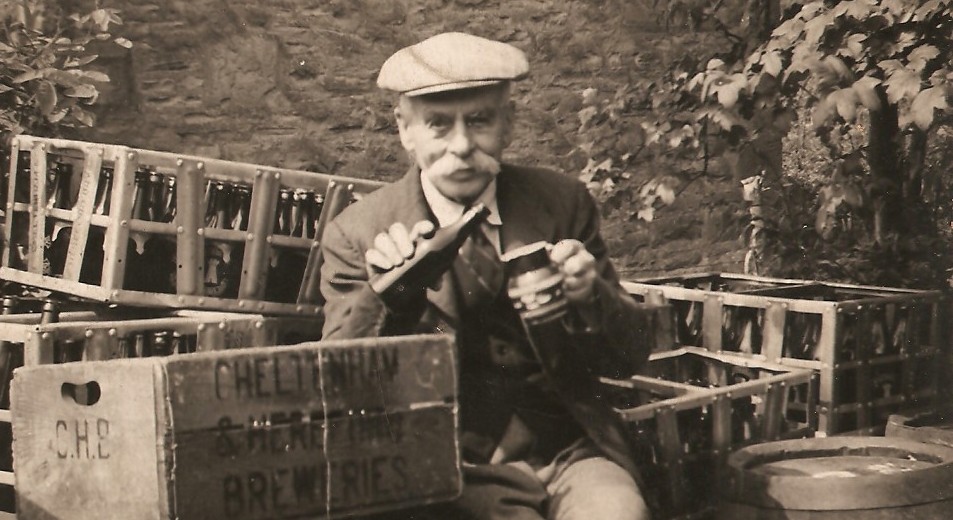Charles Luker (1885 – 1970) was born in Chepstow Workhouse. His father worked as a fish dealer. By 1901, the family had moved to Whitecroft where his father sold fish from the back of his cart. As a boy, Luker started work as a trammer in the mines and by 1911 he had started working as a hewer at the Crown Colliery. He married Esther Phipps in 1912 and had two children. In 1919, he was elected as Secretary of the FDMA and as an FDMA representative on the Gloucester Employment Committee. The following year, the post of Secretary and Treasurer of the FDMA were combined to form the role of Financial Secretary and Thomas Etheridge took over the role. In 1921, Luker was working as a hewer at Princess Royal Colliery and was elected to the political committee of FDMA Executive whose job was to liaise with the labour party.
In October 1922, he was appointed as election agent and secretary of the Forest of Dean Labour Party which were paid posts and he continued in the role until the 1950s. In the 1920s, Luker also worked part-time as an insurance agent and became active within local government.
In 1922, he was elected to the board of the Forest of Dean School managers. In March 1922 he was elected as a County Councillor, in which role he continued up to the 1950s. In 1923 he was elected as a West Dean Rural District councillor and by 1926, he was Chairman of West Dean Rural District Council, a role he held up to the 1950s.
